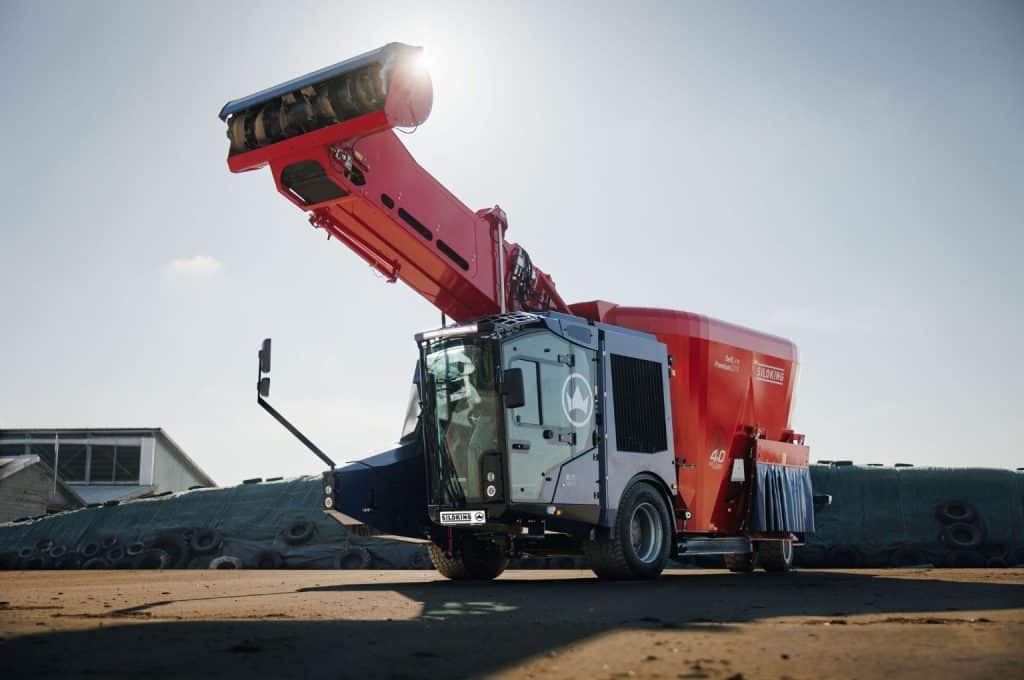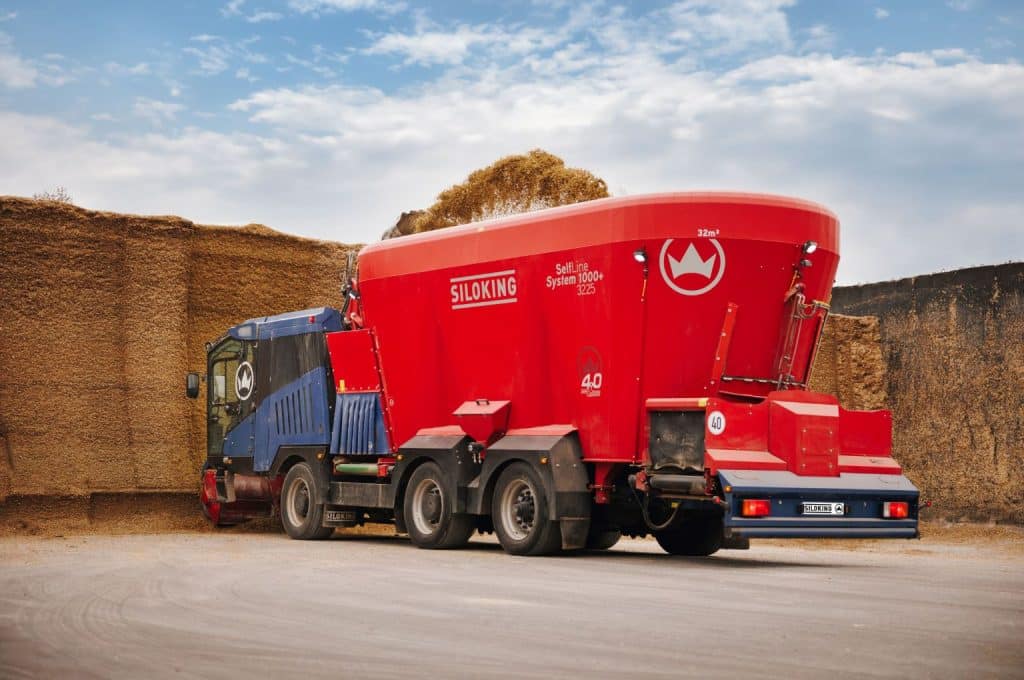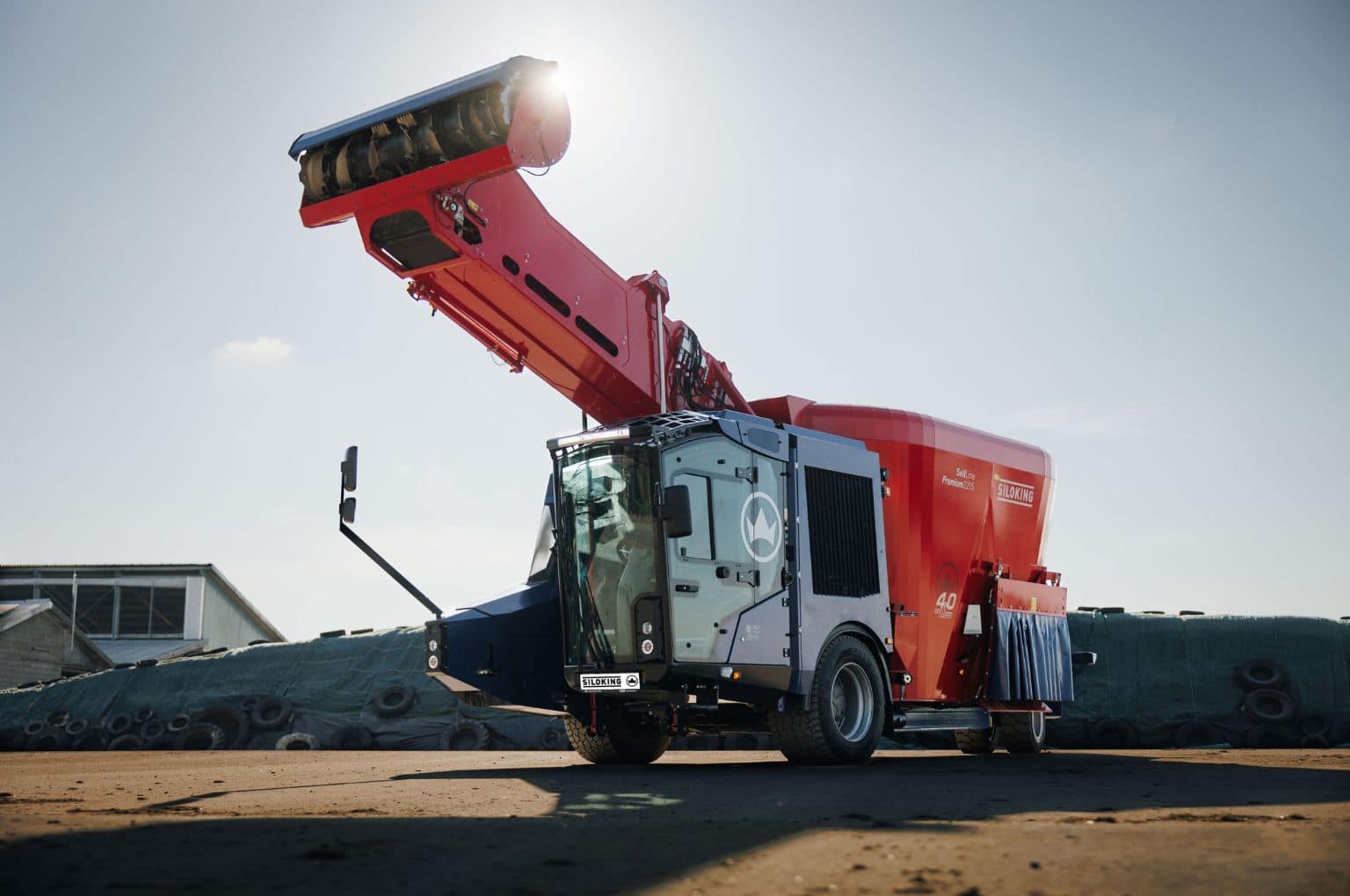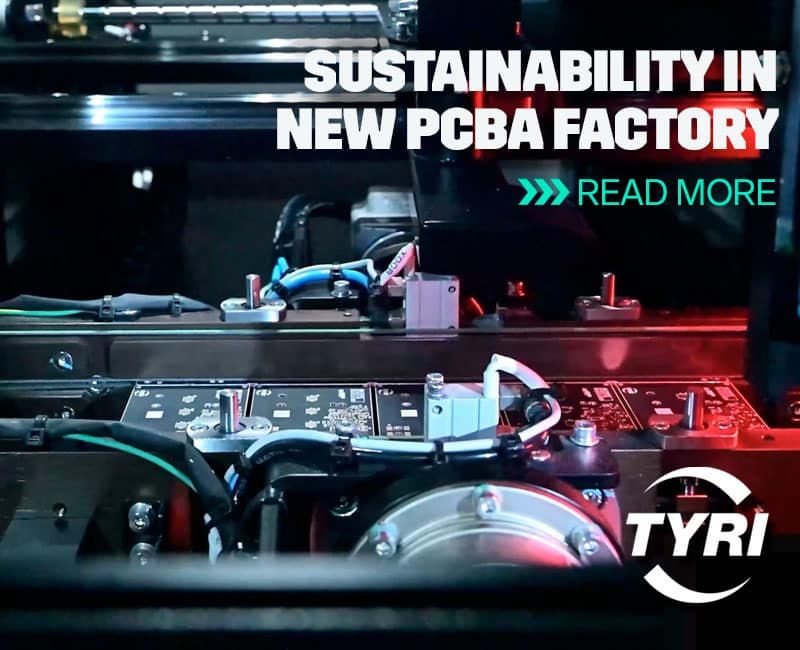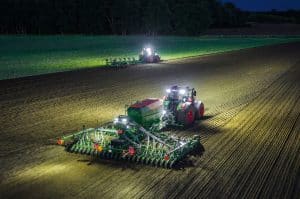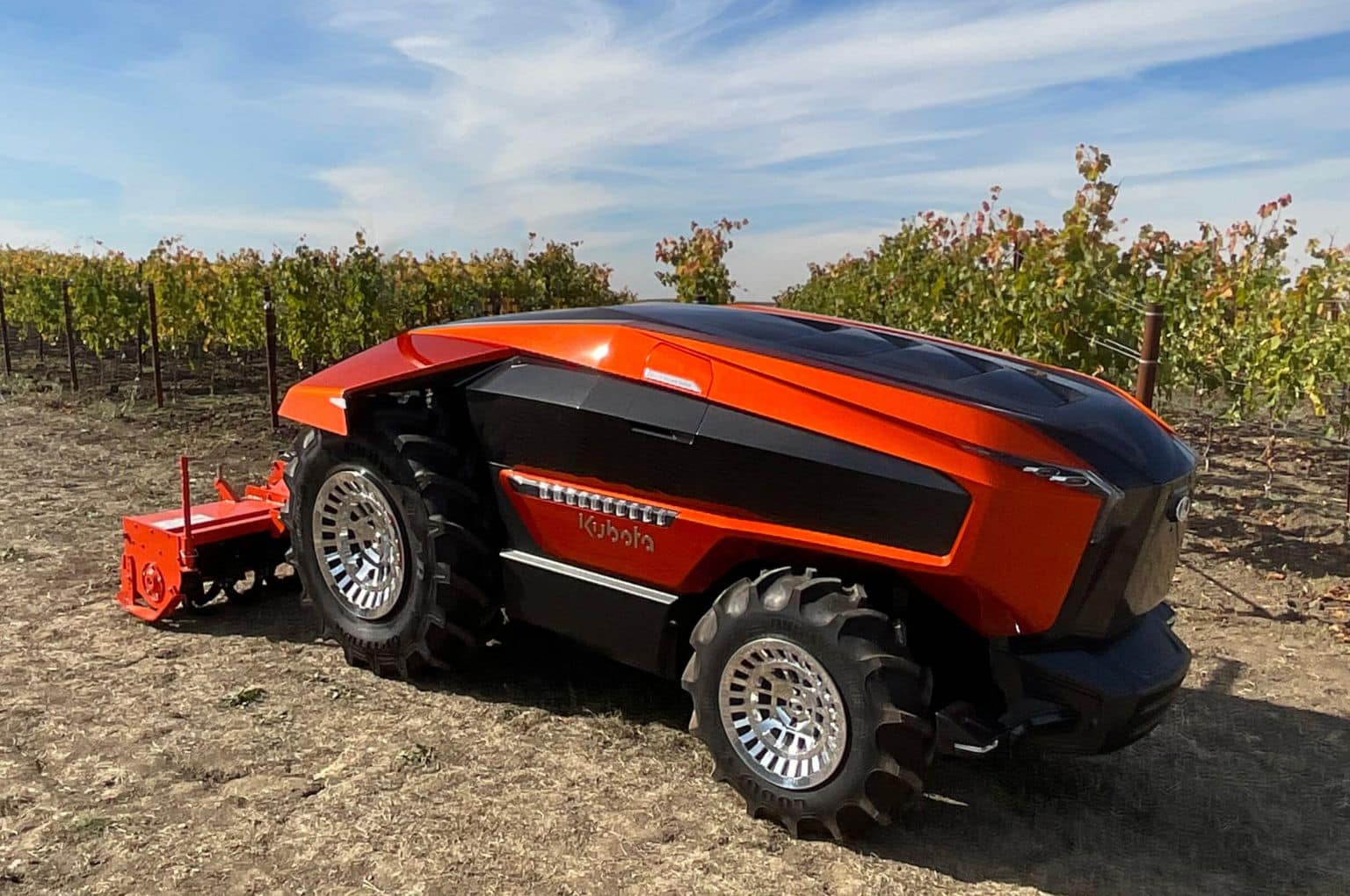After choosing Volvo Penta as its engine partner in 2015, SILOKING has since celebrated the delivery of its 3000th SelfLine self-propelled feed mixer. Opening up a range of power options, the Volvo Penta D5 and D8 engines also enabled more streamlined machine production and emissions compliance.
German feed mixer manufacturer SILOKING Mayer Maschinenbau GmbH integrated Volvo Penta’s D5 and D8 engines across its SelfLine self-propelled range ahead of Stage IV emissions legislation, having by then sold 1000 of the machines since their launch in 2004. The next 1000 units sold twice as fast, and the latest 1000 units sold in just three years, underscoring the growing popularity of the SelfLine design and customer enthusiasm for the robust, reliable engines that offer increased productivity, and reduced servicing and fuel costs.
“We chose Volvo Penta for its engine range and service concept that exactly met our needs for the SILOKING models and for their commitment to a long-term business partnership,” says Karl-Michael Stieglbauer, SILOKING Senior Director Procurement. “Changing out the engine in our equipment line can be a monumental undertaking, but with Volvo Penta’s strong support, it took just 10 months. We’ve now delivered over 3000 SelfLine feed mixers and well over 50% of those are powered by Volvo Penta.”
Simplifying the design process
Meeting diverse power output requirements for different climate zones and worldwide emissions regulations has been simplified thanks to the engine design advantages and close collaboration between the partners. The consistent basic footprint of D5 and D8 engines as they evolve to meet next emissions steps, from Stage IIIA to forthcoming Stage VI, and China IV, helps reduce development time for new machines and facilitates SILOKING’s market expansion with minimal modifications.
SILOKING’s operators and fleet owners from Shanghai to Seattle benefit from the same high level of aftersales support thanks to Volvo Penta’s worldwide service network. Extensive parts commonality between the D5 and D8 engines also benefits both OEMs and customers in terms of ease and cost optimization.
Close cooperation between the manufacturers during the driveline development spanned the design of the prototypes to acceptance. Installation time and costs are reduced, thanks to engines being delivered pre-mounted with the cable harness and the plug-and-play design of the exhaust system. Initial engine installations received much fine-tuning to ensure optimal operation with the mixers’ hydraulics, resulting in a highly efficient driveline. In top-tier SelfLine models with multiple high-pressure circuits and an open hydraulic circuit, the engine needed various PTO connections. Volvo Penta upgraded its SAE B-rated PTO coupling to an SAE C design to meet the OEM’s desire for drive attachments requiring up to 600 Nm (later uprated to 1000 Nm).
Feeding operational success
With an operator’s main concern being the reduction of the total cost of operation (TCO) in a vehicle that operates 365 days a year, the doubling of engine service intervals that results from the use of Volvo Penta units is a major draw. This now aligns engine maintenance with the 1000 operating hour requirements for the rest of the machine, greatly reducing maintenance time, costs and promoting higher machine availability.
Dialing in the ideal amount of high torque at low RPM enables the feed mixers to cope with high peak loads when milling. The Volvo Penta engines also produce fewer vibrations at a noise level of just 70.6 dB(A) for more cattle-friendly operations, while consuming less fuel. Working with electronic monitoring and assistance systems such as SILOKING’s data weighing system, the engine automatically reverts to idle speed after mixing concludes.
“Practitioners realize that the investment in our self-propelled feed mixers quickly pays off,” says SILOKING Sales Director, Sascha Behrend. “Less working time, lower fuel costs and reduced feed losses are much appreciated on the farm.”
“The strong cooperation between SILOKING’s R&D department and Volvo Penta’s application engineers has resulted in range of high class vehicles, with a purpose-built drivetrain that is far more suited to the task at hand,” concludes Tim Hansen, Industrial Sales Manager at Volvo Penta.
